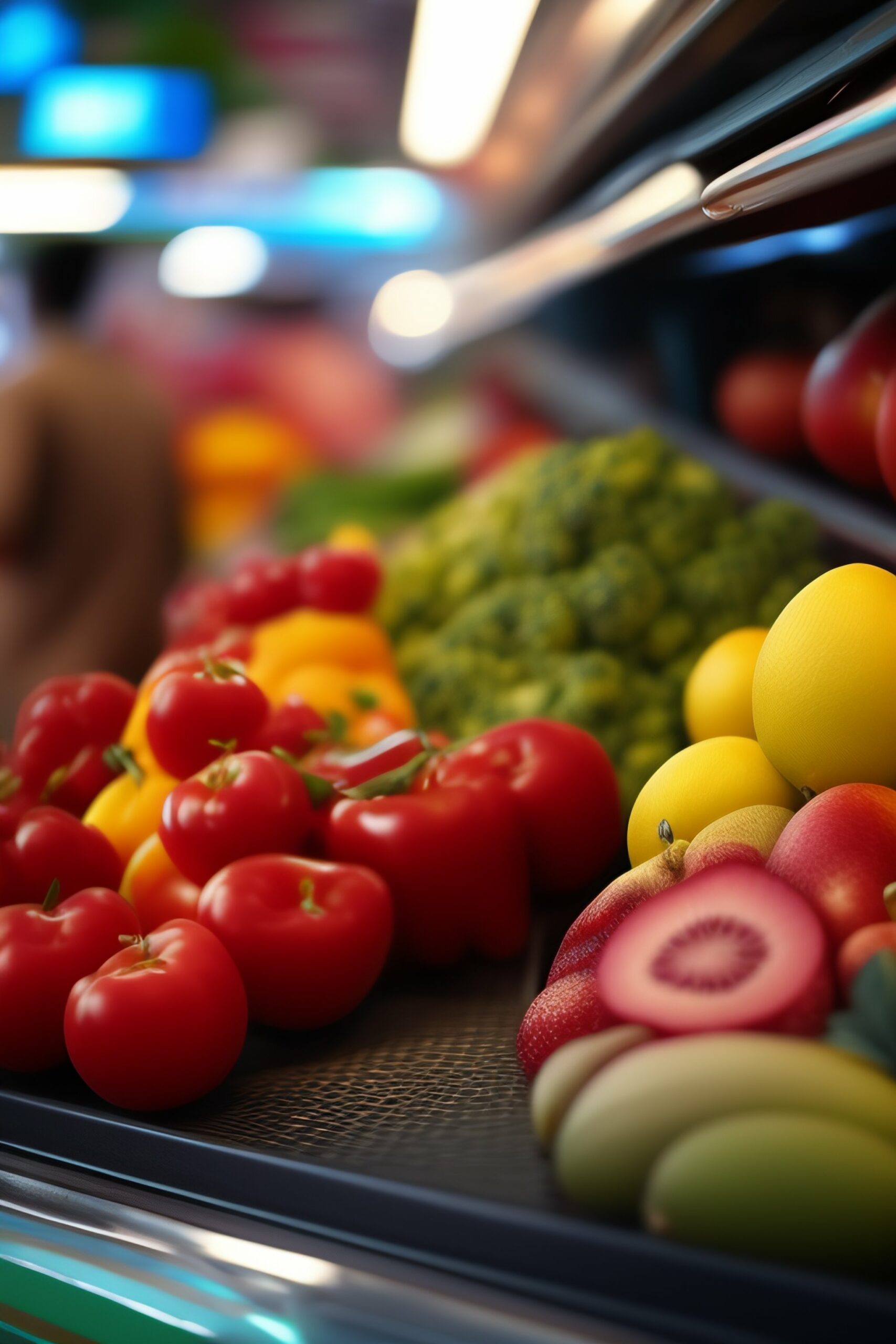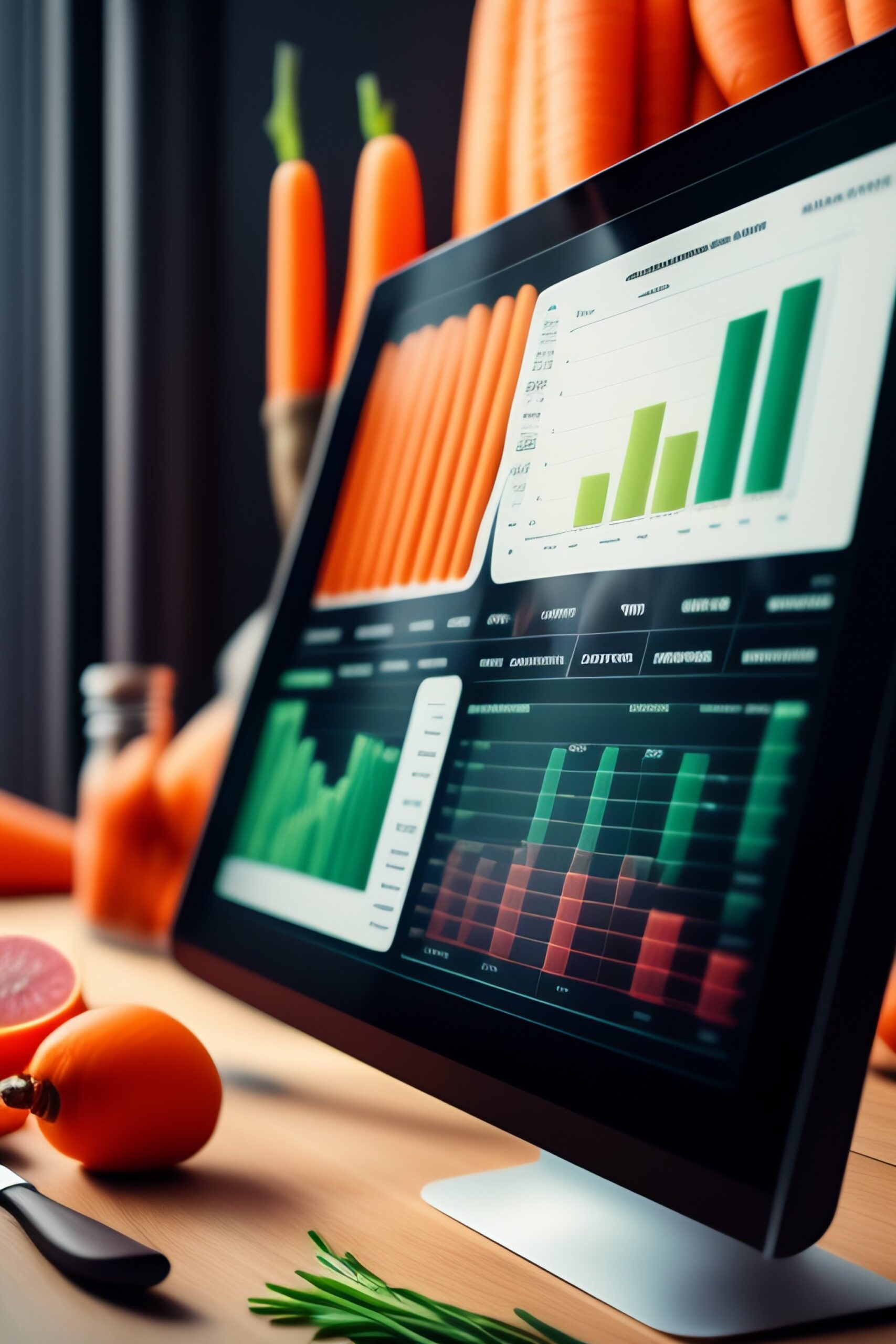The world’s population is growing rapidly, and with it, the demand for food. As the global population continues to increase, the challenge of producing enough food to meet the needs of everyone becomes more and more difficult. This is especially true in developing countries, where resources are limited and access to food is often inadequate.
The challenge of global food production is complex and multifaceted. It involves a variety of factors, including climate change, population growth, and economic development. Climate change is a major factor in food production, as it affects the availability of water, soil fertility, and crop yields. Population growth is also a major factor, as it increases the demand for food and puts pressure on existing resources. Finally, economic development can have a major impact on food production, as it affects the availability of resources and the ability of farmers to access them.
In order to address the challenge of global food production, it is important to understand the various factors that contribute to it. This includes understanding the effects of climate change, population growth, and economic development. It is also important to consider the role of technology in food production, as it can help to increase yields and reduce the amount of resources needed. Additionally, it is important to consider the role of international trade in food production, as it can help to increase access to resources and reduce the cost of food.
Finally, it is important to consider the role of policy in addressing the challenge of global food production. Governments can play an important role in ensuring that resources are available and accessible to farmers, and that policies are in place to promote sustainable food production. Additionally, governments can help to ensure that food is distributed equitably and that food security is maintained.
The challenge of global food production is complex and multifaceted, and it requires a comprehensive approach to address it. By understanding the various factors that contribute to it, and by implementing policies and technologies to promote sustainable food production, we can ensure that everyone has access to the food they need.





